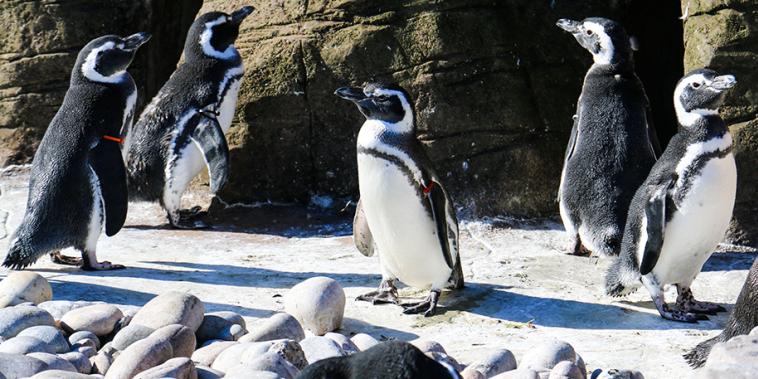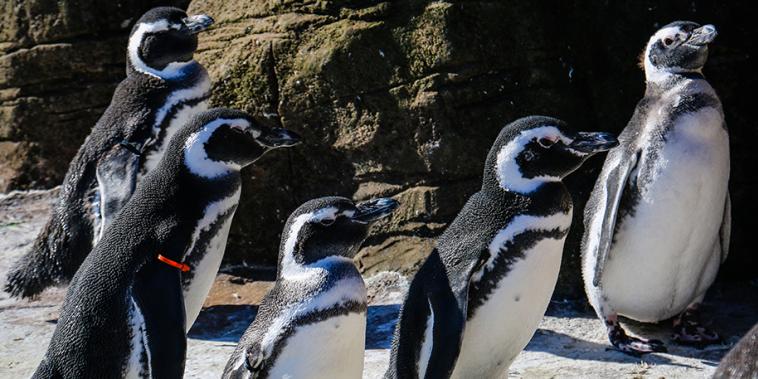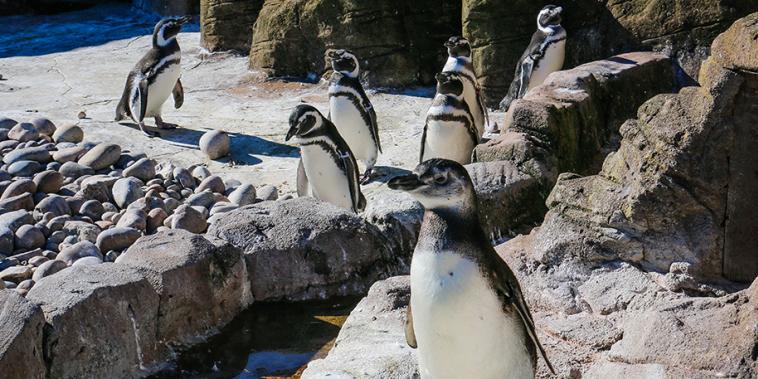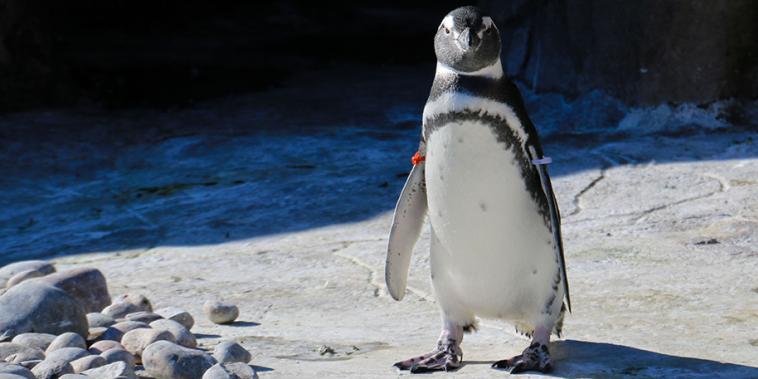Hurry! Renew today and save 20%!
Penguins migrate west for winter!

Five penguins have migrated west from Europe in time for winter! The female Magellanic penguins travelled from Germany and Italy to their new home here at Blackpool Zoo in an epic 24-hour journey.

A specialist animal transportation vehicle was used to ensure they travelled in style at a constant temperature of 10 degrees, with experts checking on their progress every few hours.

After arriving at the Zoo they were transferred into the bird nursery for final health checks before moving into an introduction area to meet their new pool mates.
They are now fully integrated into the group and are loving their new home at the Active Oceans Arena.
Luke Forster, who heads up the bird department, explains why the five new females were selected to join the UK’s only group of Magellanic penguins:
“Blackpool is the only zoo in the UK to house this magnificent species after they arrived in 2009.
“We have enjoyed huge breeding success and as a result our group had more males than females.
“This species is near threatened in the wild so we spoke to the European Association of Zoos and Aquariums (EAZA) as they manage a breeding programme.
“Penguins are generally monogamous and our younger males didn’t have partners, so now they have the chance to couple up!
“The five females were selected by experts to join our bachelor boys and we have already seen promising signs of success.
“Some of the boys are now taking up residence in the nest boxes and calling to the females, which is great.
“The new arrivals are aged between two and three, and while they won’t be mature enough to mate for another few years, it is good to let them settle in and form their pairs.
“Our flock is extremely popular with visitors and the new girls are sure to be a hit.”
Blackpool Zoo is the only zoo in the UK to hold this species of penguin and the group now consists of 20 individuals, including a four month old chick that hatched and was parent reared this year.
Magellanic penguins have short, wedge shaped tails and long narrow wings that they use like paddles when they are swimming. They can reach speeds in excess of 15mph in the water.
